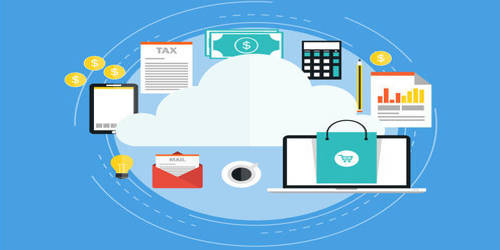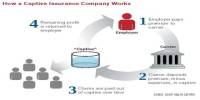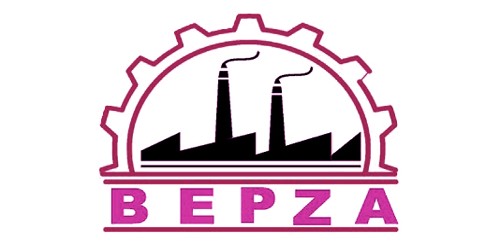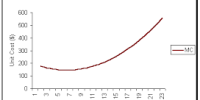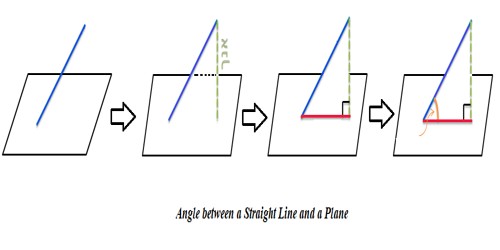Excise Duty is a tax that is designed to discourage the purchase of particular goods. It is an inland tax imposed on those products, ‘ which are produced and consumed in the country. It is an indirect tax. Its purpose is to collect revenue. It is imposed along with VAT and sales tax. But sometimes it is imposed to counterbalance the import duty on the same kind of goods coming from abroad. Typically, Excise Duty covers alcohol, tobacco, and some energy products. It is applicable to manufacturing goods when moving from Factory or Warehouse. Excise duty is paid on the manufacture of goods, by the manufacturer.
This means that the end consumer is not responsible for paying the tax to the government, but they do cover the cost of the tax by paying more for the product. It is a type of indirect tax that is levied on the sales of particular goods. It is a duty which levied on the act of manufacturing an excisable good. This tax is not paid directly by the customer but is passed on to the consumer by a merchant or producer of goods as a part of the price of the product. It is collected on the goods produced by a manufacturer that is to be sold in that particular country. Excise is levied by the government and the goods and products that are manufactured in the country, and customs duty is applied for goods imported from foreign countries. When looking at the price of goods, excise duty forms its major portion. The duty is calculated taking into account the number of goods or the volume of the goods. It is a form of tax imposed on goods for their production, licensing, and sale.
Generally classified into two types:
- Ad Valorem Excise Taxes: Ad valorem literally means as per value. In this case, it simply means that the excise duty will be applicable as per the value of the product.
- Specific Excise Taxes: On the other hand, there are taxes like the specific excise taxes that are set on a particular product.
Goods that are covered by Excise Duty –
- Alcohol: including beer, wine, cider, and spirits,
- Tobacco products: including cigarettes, cigars, rolling tobacco, and chewing tobacco,
- Gambling activities: including bingo, the National Lottery, machine games, and online games that involved the betting of money,
- Hydrocarbon fuels: including light fuels, heavy fuels, biofuels, and road fuels.
